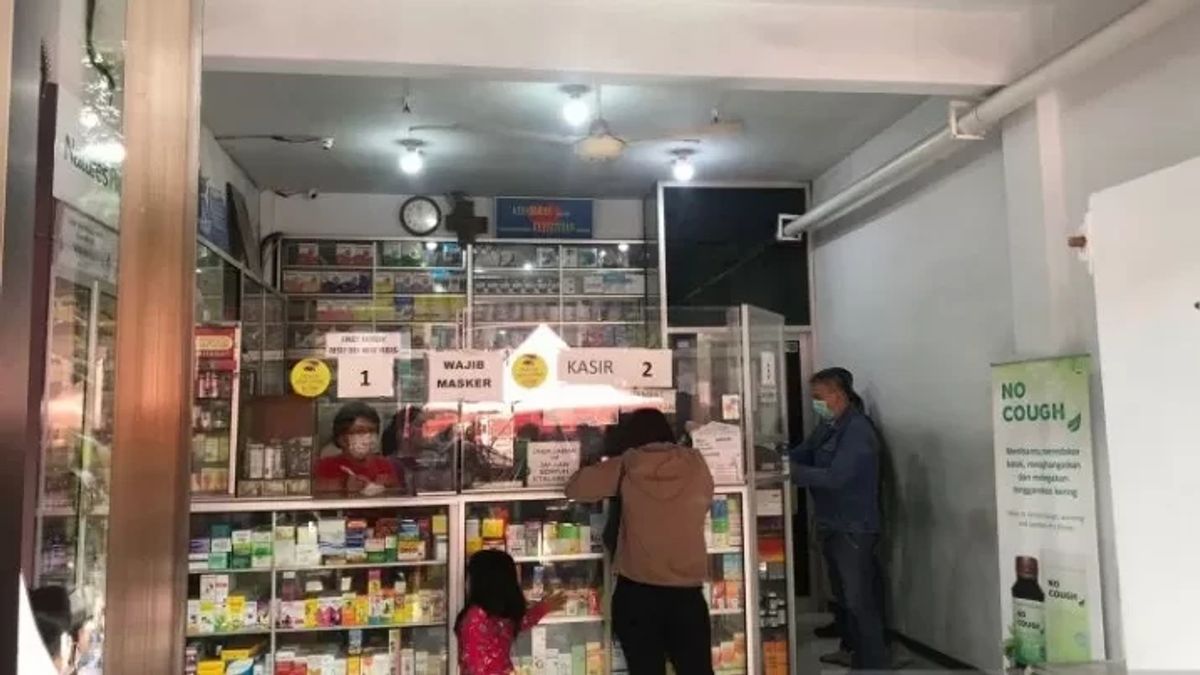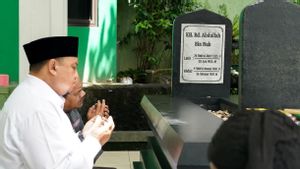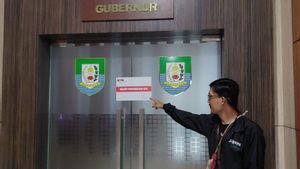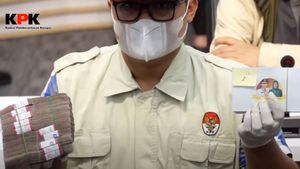The Palangka Raya Center for Drug and Food Supervisory (BBPOM) cooperates with universities in order to increase supervision of the circulation of drugs and food. This collaboration was carried out shortly after the proliferation of chemical contamination in cirrop drugs triggered the phenomenon of acute kidney failure.
This was conveyed by the Head of BBPOM Palangka Raya Safriansyah after the signing of cooperation with the University of Muhammadiyah Palangkaraya (UMPR) and the University of Palangka Raya (UPR) regarding education and supervision of drugs and food.
"BPOM in Central Kalimantan only exists in Palangka Raya and Loka POM in West Kotawaringin for that we need many partners in education and supervision of drugs and food," he said in Palangka Raya, Central Kalimantan (Central Kalimantan), Tuesday, November 15, confiscated by Antara.
Safriansyah added that this collaboration was at a university that majored in the health sector. For example, UMPR has Health Analyst Programs and Pharmaceutical Study Programs.
"Through this collaboration, we want to involve students, especially those in charge of health majors to improve education, supervision and community empowerment regarding medicine and food," he said.
Safriansyah added that students and academics have great potential to be involved in education, supervision, and community empowerment.
"So later we also want students to also provide assistance to MSME players in the fields of food and medicine and cosmetics until they get a distribution permit. In addition to ensuring the safety of products, it is also to increase the competitiveness of products in the market," he said.
Deputy Chancellor II of UDR Ika Safitri said the cooperation was also a form of support for higher education in monitoring the circulation of drugs and food in the community.
"Later, through the implementation of Tri Dharma Universities, lecturers and students at the health faculty, they can also take a role in public education and empowerment regarding medicine and food," he said.
The English, Chinese, Japanese, Arabic, and French versions are automatically generated by the AI. So there may still be inaccuracies in translating, please always see Indonesian as our main language. (system supported by DigitalSiber.id)













